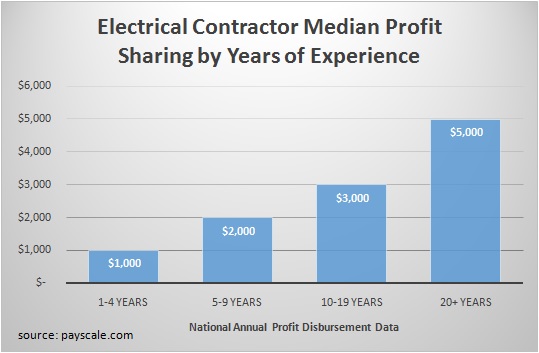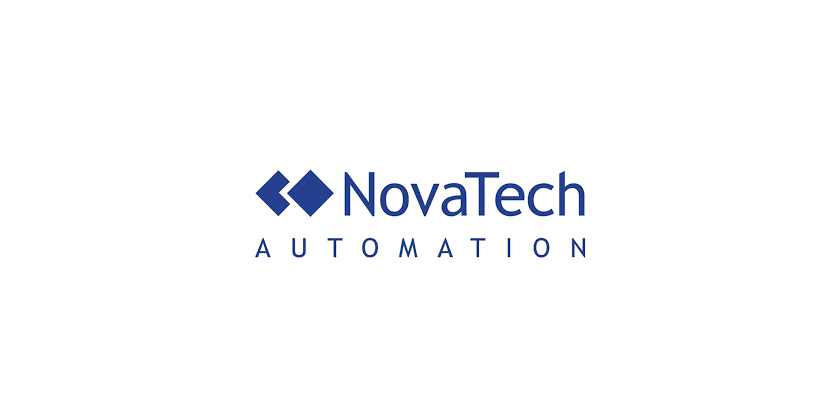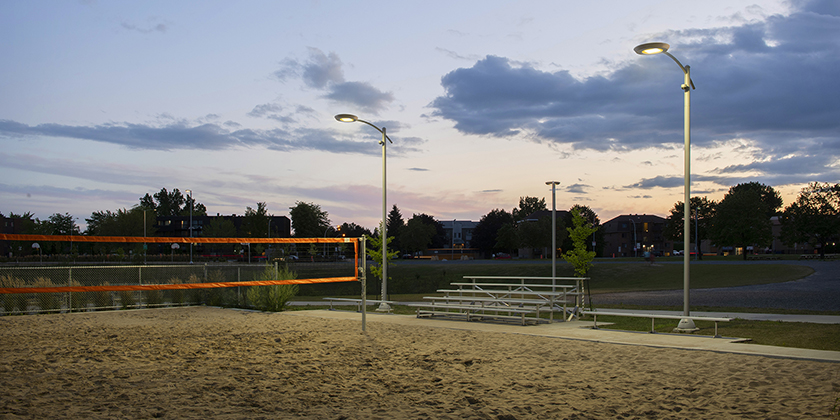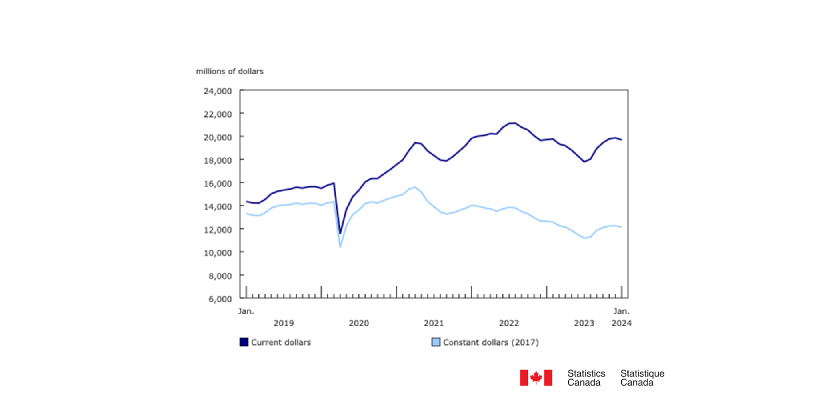Michelle Hassen, Business Development Manager, Invenergy LLC

May 28, 2018
Michelle Hassen is Business Development Manager at Invenergy LLC. She has over 10 years of experience working with corporations, non-profits and government representatives on renewable energy projects, community development, market development, stakeholder engagement, training and policy analysis. Michelle holds an IMBA from the Schulich School of Business, and a BA in International Relations from the University of BC. She has lived and worked in Canada, Benin, Guatemala, Mexico, and Switzerland.
Renewable energy development
With her rich and extensive experience, Michelle pulls on a wide range of resources and talents from her work in various sectors and experience in consulting, management, engagement, and corporate social responsibility. As a Business Development Manager at Invenergy, she’s currently working in Western Canada, across British Columbia, Alberta, and Saskatchewan.
For Michelle, this is an exciting time for renewable energy: Alberta and Saskatchewan are moving away from coal to cleaner energy, and BC is contemplating how to balance its climate change goals and the development of industries such as LNG, or liquefied natural gas.
At this stage in the game, Michelle’s work is multi-faceted and requires a balancing act between government, public, community, and First Nations stakeholders to ensure that renewable energy projects are properly planned and designed for the right place, at the right time, and in the right way. She is responsible for project development, from obtaining a power purchase agreement to project construction, which entails permitting, stakeholder buy-in, and effective market positioning. Michelle explained that as a result of this, renewable energy projects take a long time to complete: from site prospecting to planning to operations, the whole process can take more than four years.
Industry direction
With the renewable energy market heating up in Western Canada, Michelle feels that the clean energy sector is proving itself to be both competitive and attractive compared with non-renewable energy sources. Power is a competitive space with numerous renewable energy companies pushing the limits of the market with a common goal: to increase the presence of this sector while decreasing doubt that renewable energy is a viable source of electricity for years to come. As power grids shift to more intermittent renewable energy that depends on wind or sun, there is a growing appetite to explore options like capacity markets, large-scale battery storage projects, and new technology.
For Ontario, 2018 is an election year, and energy developers are watching closely. Energy development is often closely tied with energy policy in the province of Ontario, which is just another example of how many moving parts are often involved in renewable energy development. While in Alberta, under its Climate Leadership Plan, the government has committed to investing $1.4 billion dollars over seven years to reduce carbon pollution, create new jobs, and diversify the economy, with one category dedicating $400 million in loan guarantees to support energy efficiency and renewable energy development. Alberta’s conversion to a more diverse and green electricity sector will also come with the added challenge of transitioning from an “energy only” market to a market for energy, capacity and ancillary services, in the hopes of maintaining system reliability and balancing costs and risk management.
Staying on top of it all
The electricity markets have become quite dynamic in recent years, due to increasing pressure from aging infrastructure, climate change policy, and the various phase-out targets of older power plants. To stay informed about the newest regulations, incentives, and processes for projects, Michelle recommends following literature, conferences, and talks presented by organizations such as CanWEA, CanSIA and Clean Energy BC. She notes that it’s important to take the initiative to network and learn as much as you can from other people.
Mentors and mentees — the importance of guidance and inspiration
Michelle has worked, volunteered and travelled to many places. Her experiences have afforded her the opportunity to meet people from all walks of life, where she has found mentors and guidance throughout her career. She receives guidance not just from coworkers and professors, but also from friends and family who have provided her with advice and inspiration along the way.
She’s also actively engaged in giving back to her community, through volunteering and teaching. She volunteers at ArtReach, an organization that aims to engage youth in underserved communities in Greater Toronto through art based projects. As an advisory board member with ArtReach, she helps the organization with strategic direction and ensuring it has the funds to accomplish its goals.
She teaches an MBA course at the Schulich School of Business, where students learn how to problem solve and present recommendations to clients. Through these experiences, Michelle has an opportunity to meet new people and engage in different ideas, which offers a continuing source of learning and inspiration for her own life and career.
Getting into the industry
Michelle’s advice for people looking to learn more about or join the clean energy industry is to take initiative and be an active party in your own success. Opportunities are often two-way streets: they require new professionals and students to actively engage in learning about the sector, the skills required, and the kind of work entailed in various roles. Furthermore, attending networking events is a good way to grow your understanding as well as your professional social network: you can learn about other people’s journeys to and through the sector, and find inspiration for your own professional direction.
Michelle’s final comment: “Take the time to start the conversation” — good advice in getting our foot in the door.
This article was first published online by WiRE (Women in Renewable Energy)










![Guide to the Canadian Electrical Code, Part 1[i], 26th Edition – A Road Map: Section 10 – Grounding and Bonding](https://electricalindustry.ca/wp-content/uploads/2022/11/Guide-CE-Code-2.png)





